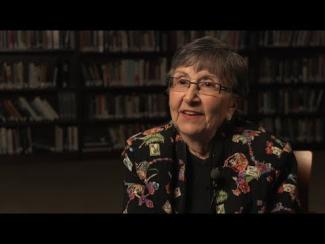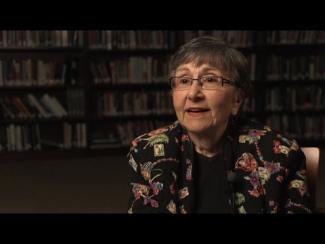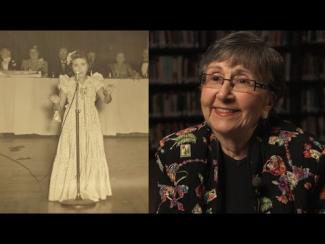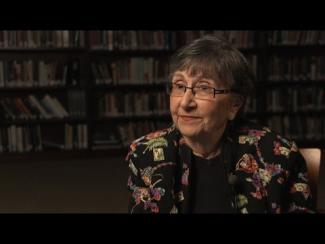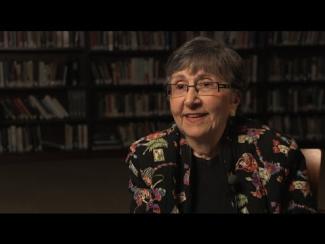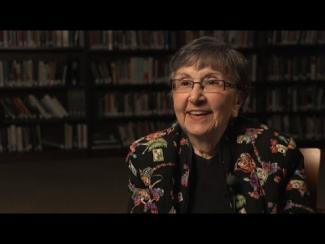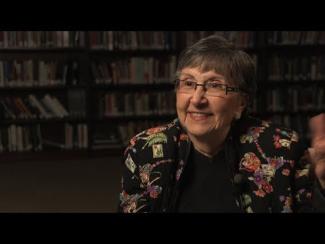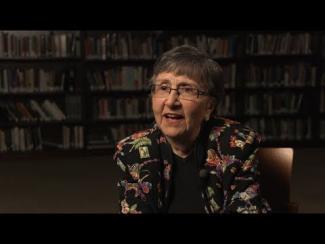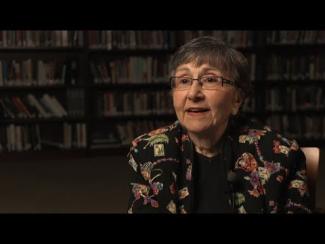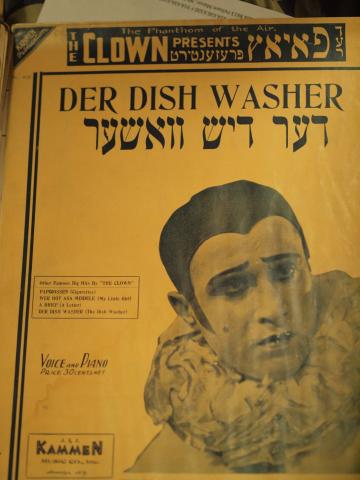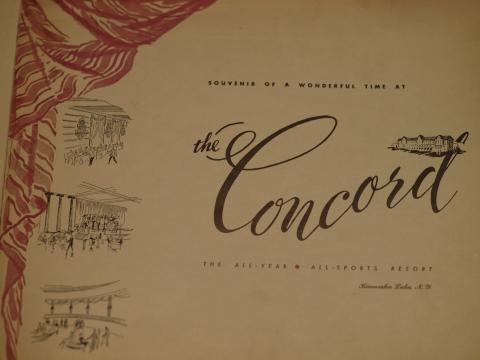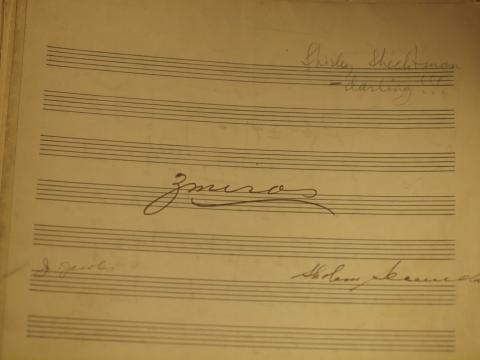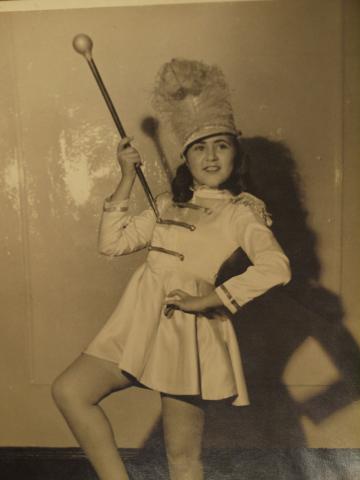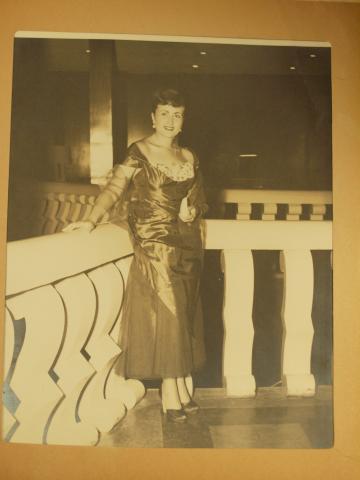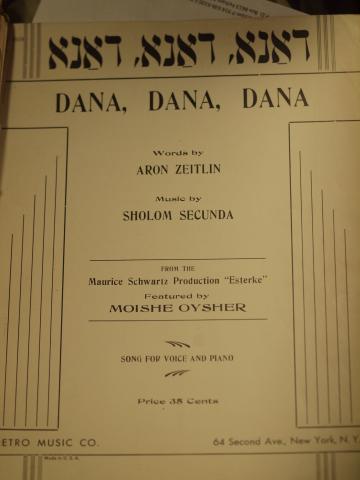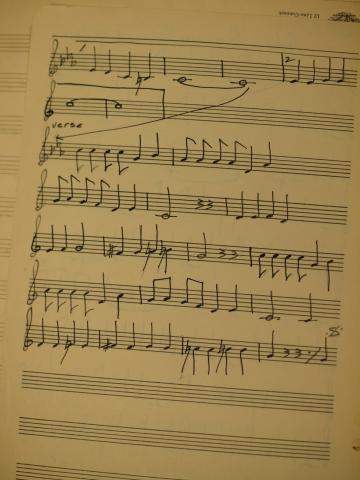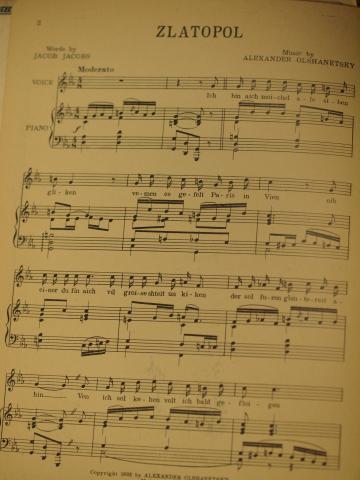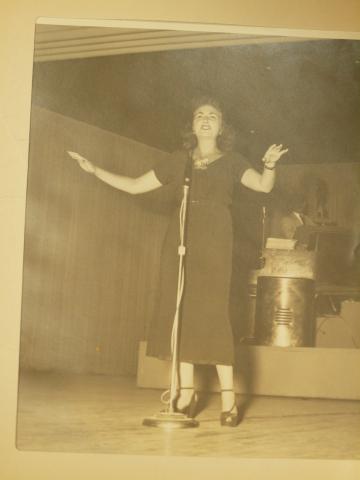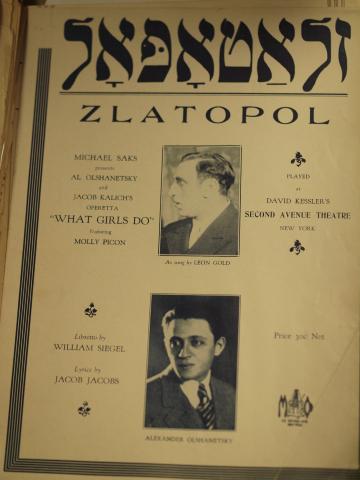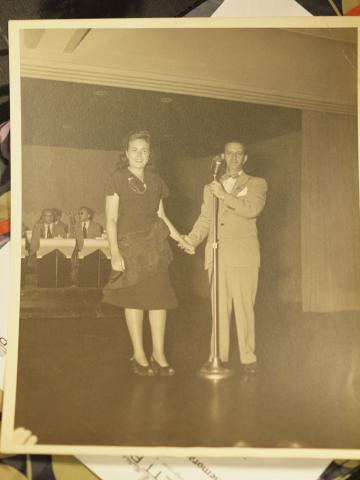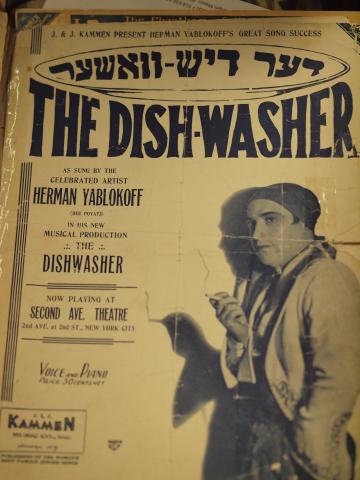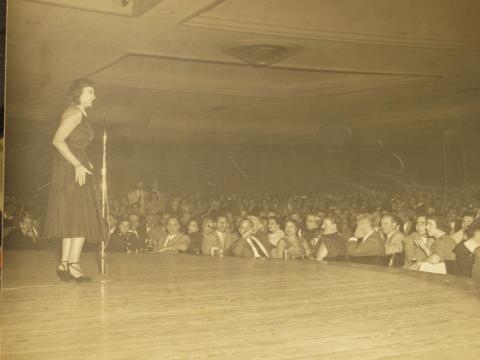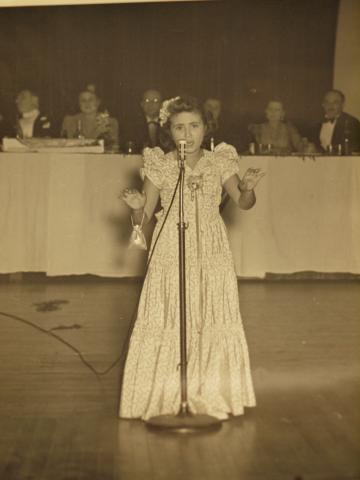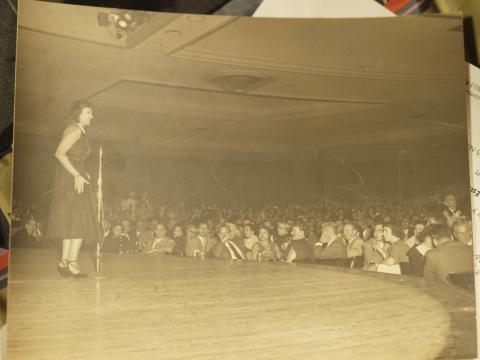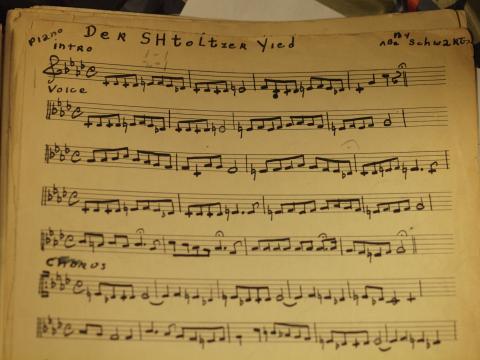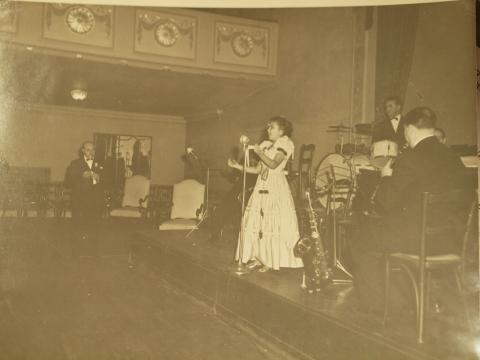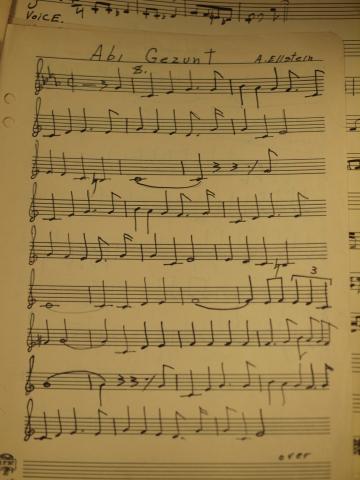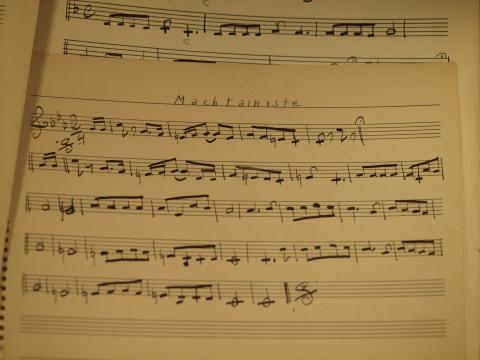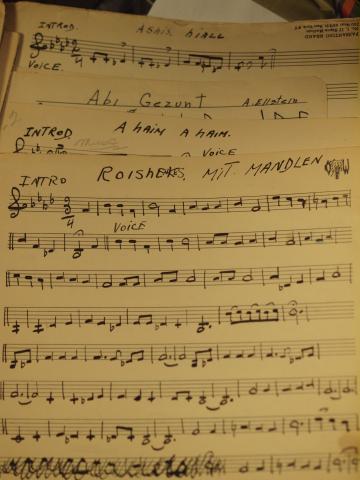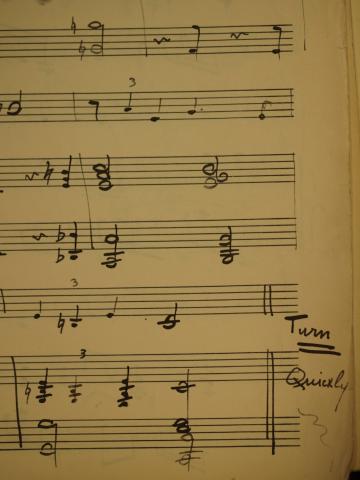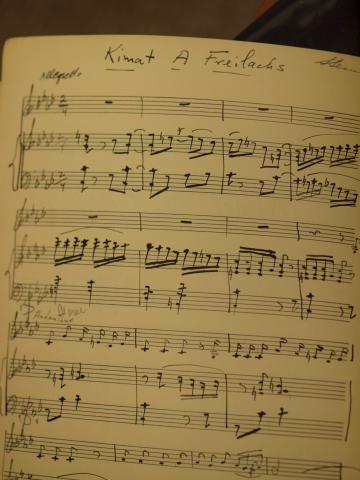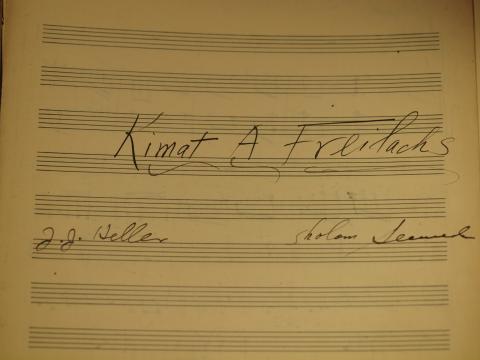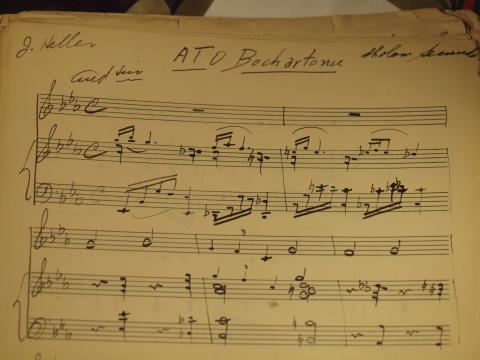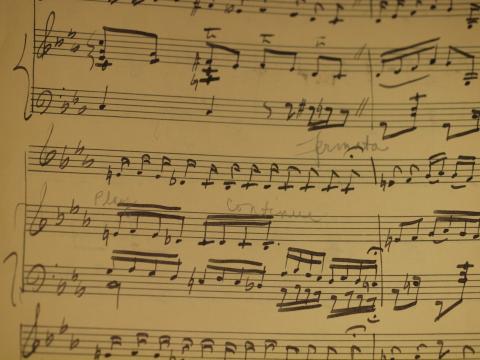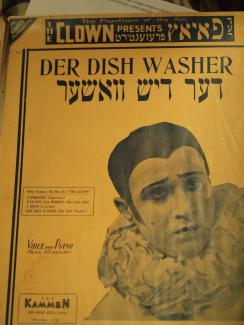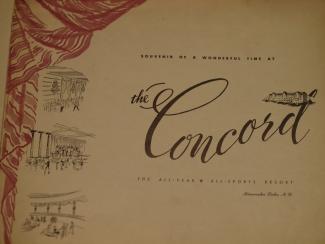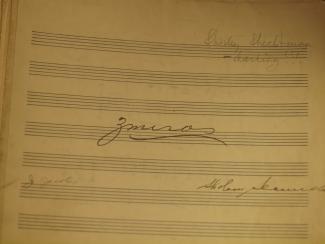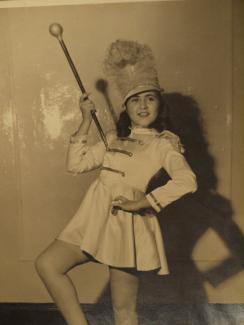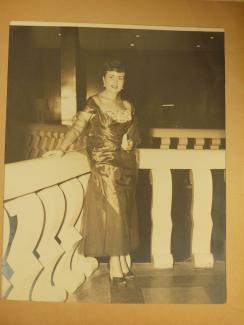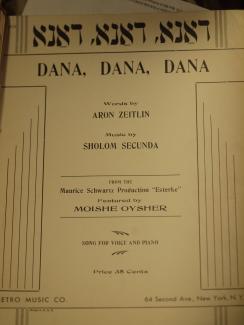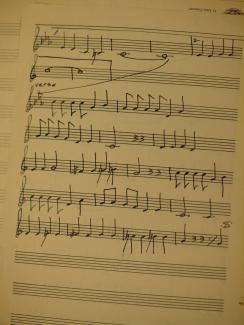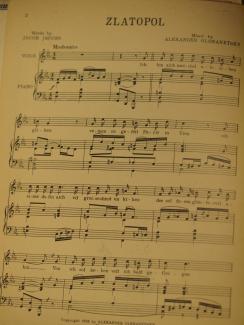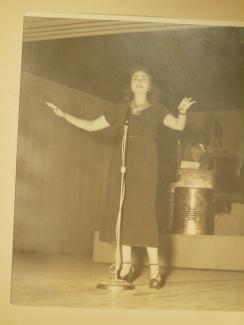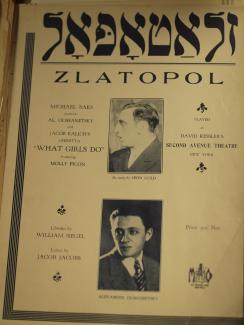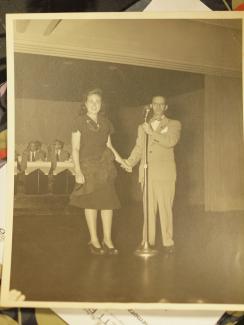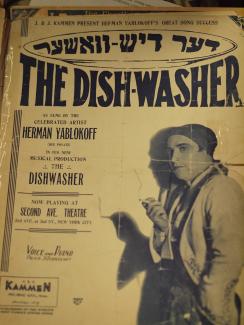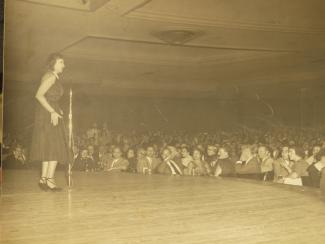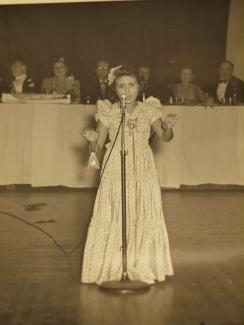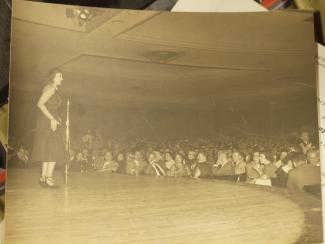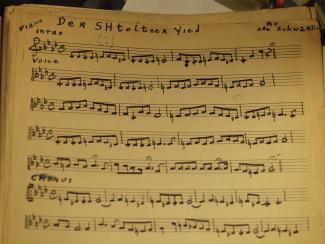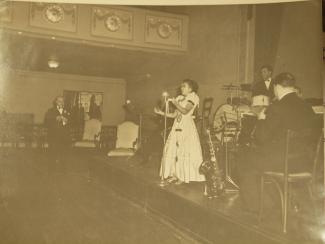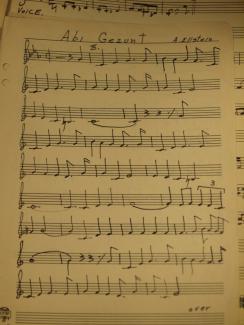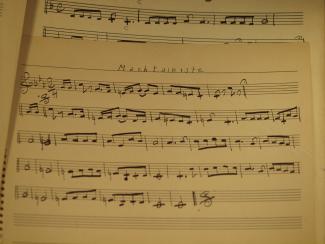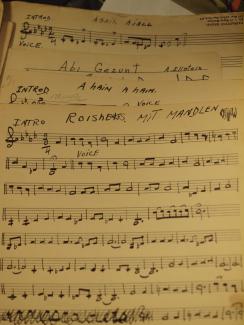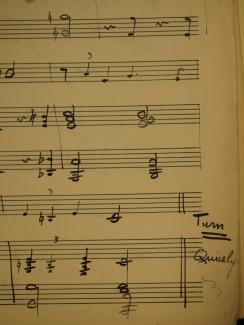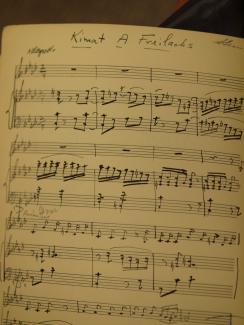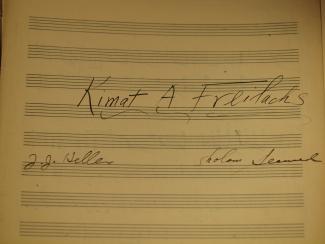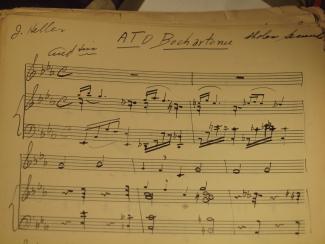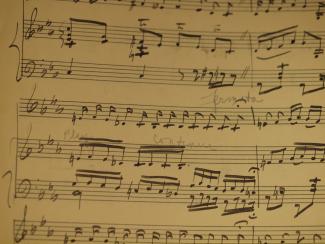The Yiddish Book Center's
Wexler Oral History Project
A growing collection of in-depth interviews with people of all ages and backgrounds, whose stories about the legacy and changing nature of Yiddish language and culture offer a rich and complex chronicle of Jewish identity.
Shirley (Shifra) Schachter Katz [Schachter]'s Oral History
Shirley (Shifra) Katz [Schachter], a child singer and performer for Yiddish vaudeville, was interviewed by Christa Whitney on March 3, 2015 at the Museum of Jewish Heritage in New York, New York. Her grandparents, originally from Poland, settled in the Lower East Side. Their five sons sang religious and other music in a choir. Shirley grew up on Pelham Parkway in the Bronx when the neighborhood was almost entirely Jewish. Her father owned his own dress business and dressed Shirley for her performances. Shirley's family attended shul together and spoke English and Yiddish at home. Shirley began voice lessons when she was very young and first performed in front of an audience at age two. She sang in various bungalow colonies and then in hotels; Abe Schwartz, who wrote "My grine kuzine" ("My Greenhorn Cousin"), was the music director at one of these. Shirley recalls many of the Yiddish vaudeville players who sang and performed comedic skits in these hotels, often for fundraising purposes. Shirley next describes rehearsals at the various Second Avenue theaters in New York City. One time, the theater almost got in trouble because Shirley, an underage girl at the time, was not supposed to be working for them. She performed on the air at WEVD, the Yiddish radio station, where she had a fifteen-minute program every weekend. She reminisces about becoming a student of Sholom Secunda, who was an excellent teacher. Once Shirley went to college and then married and had four children, her career came to an end. Many of her compatriots tried to make it in Hollywood, but it was a nearly impossible transition to make. Shirley's husband and children can all understand and speak some Yiddish, but she has little hope for the continuation of the language, the Yiddish theater, or the rich culture of which she was part. She feels that the choice of Hebrew rather than Yiddish as the primary language of Israel played a large part in making that happen. She ends the interview by showing photographs of herself performing as a child and a teen and singing a Yiddish song from her long-ago repertoire.
This interview was conducted in English.

